Case Studies
-
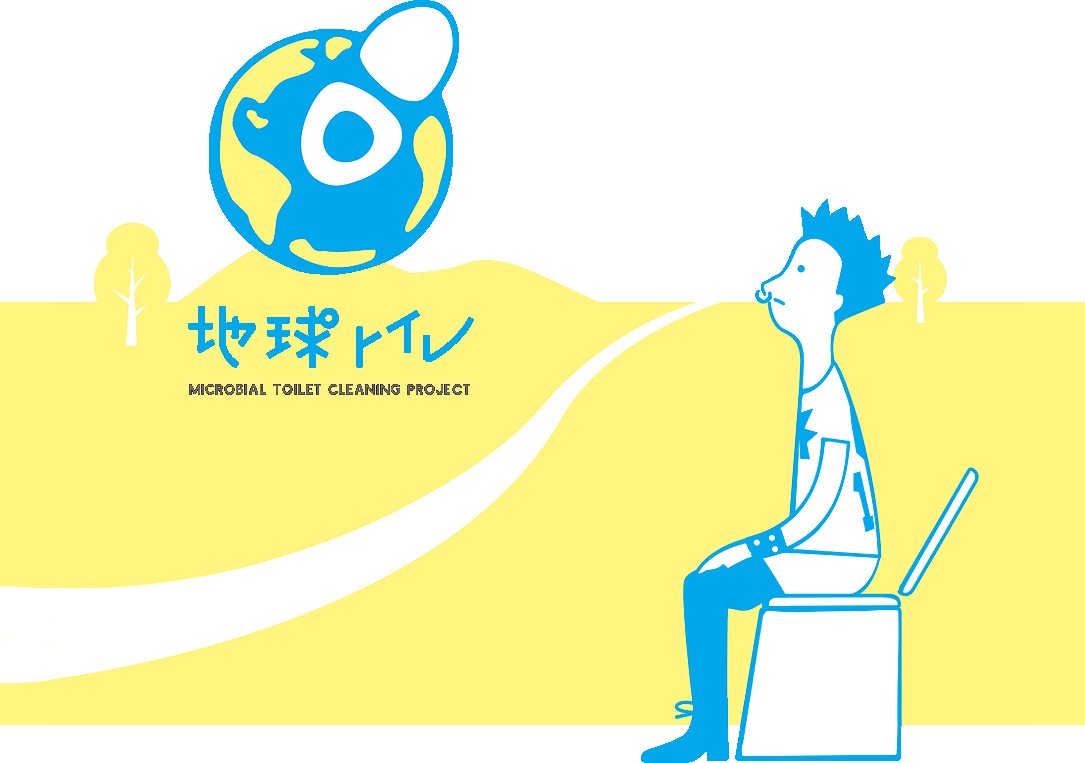
Earth Toilet Project
Japan
"Earth Toilet Project" is an eco-conscious activity to attain an odorless portable toilet by degrading excrement with the power of microbes. more
-
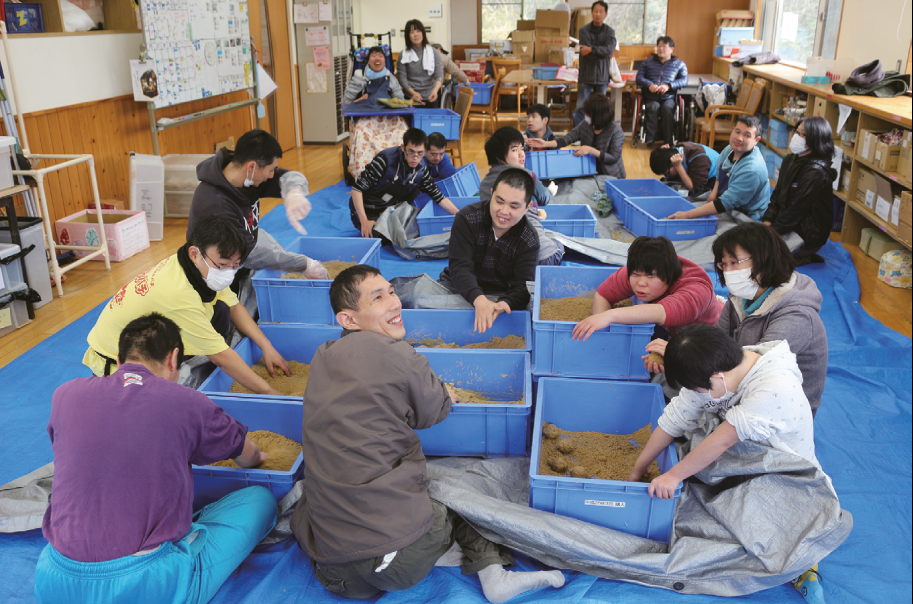
EM Bokashi Connects People As a Family
Japan
This welfare facility works to support people with severe disabilities and found that making EM Bokashi provides a valuable communication place for the participants. more
-
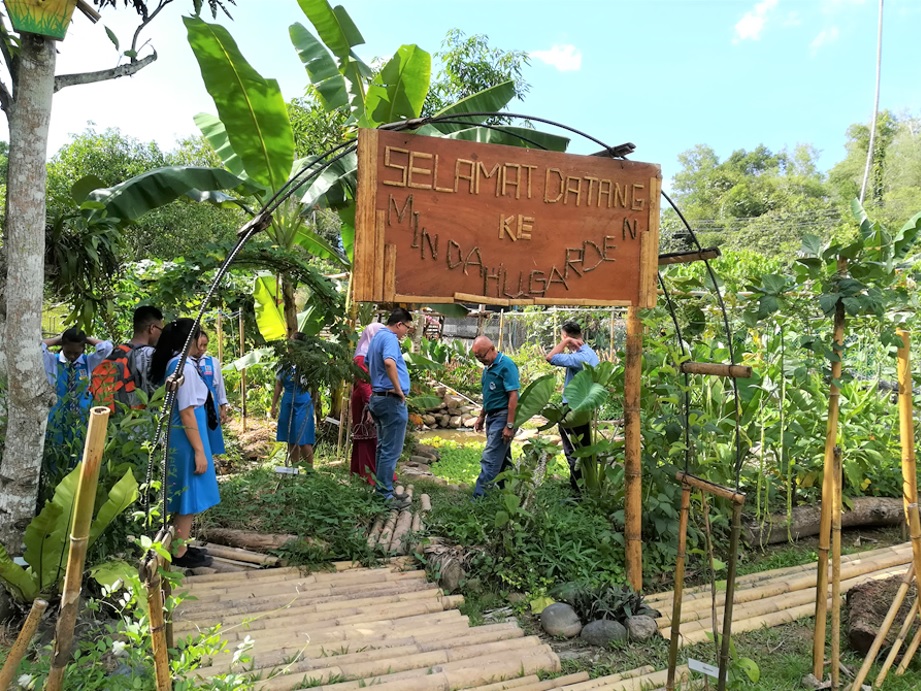
School Sustainable Gardening Competition
Malaysia
Since 2014 the Sustainable Gardening Competition for secondary school held every year in Sabah, Malaysia. Students take care of an assigned parcel of land for growing plants using EM Technology as much as sustainable and creative way they can. After about 6 months, they go under evaluation and compete against other participant schools. more
-
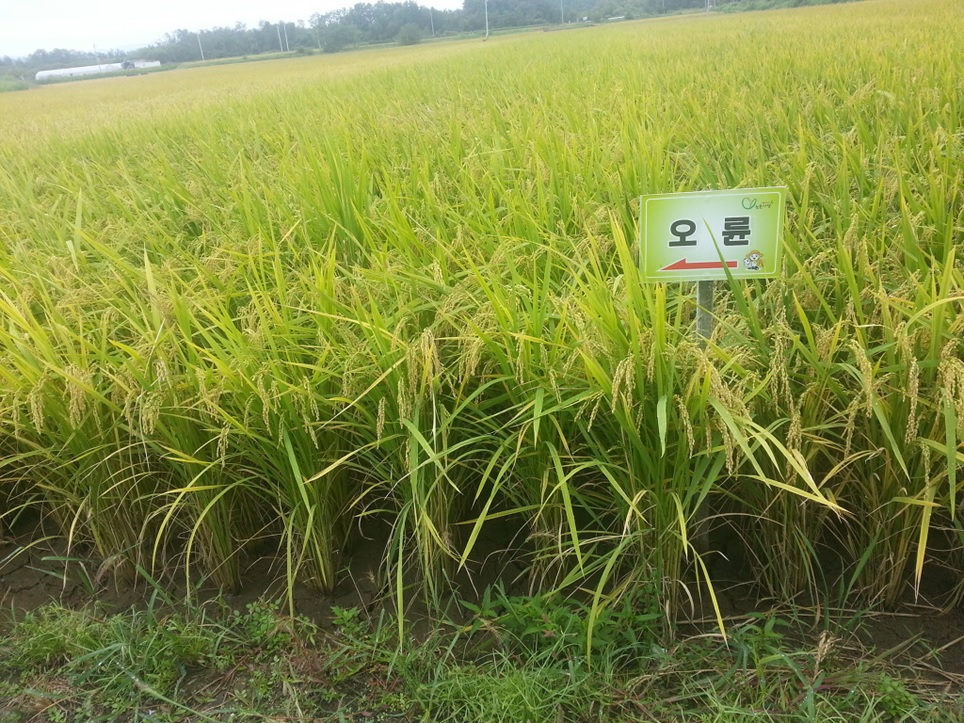
National Program Providing Activated EM・1 for Free
Republic of Korea (South Korea)
The Government of South Korea has established the Environment-friendly Agriculture Promotion Act to control chemical agriculture products and promote the environment-friendly agriculture. In doing this, Agriculture Technology Centers, administrated by local governments, were founded to provide Activated EM・1 (AEM) as well as other microbial materials for free. more
-
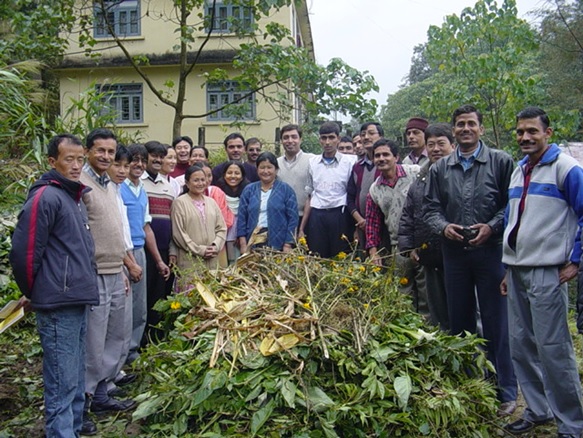
The First Organic State in the World
India
In 2003, Sikkim state in India stopped importing chemical fertilizers and launched a program to convert farmers into organic applying EM Technology. Today, Sikkim state is the first organic state in the world recognized by the Food and Agriculture Organization of the United Nations and therefore, all of its farmland is certified organic. more
-
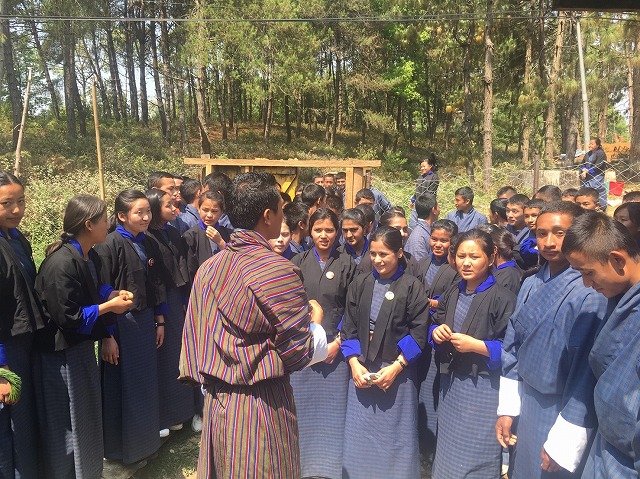
Students Participate in Kingdom's Agriculture II
Bhutan
Bhutan students learn on EM Technology for the School Agricultural Project.
Some schools are growing moringa trees and produce tea for sale and support education of children more -
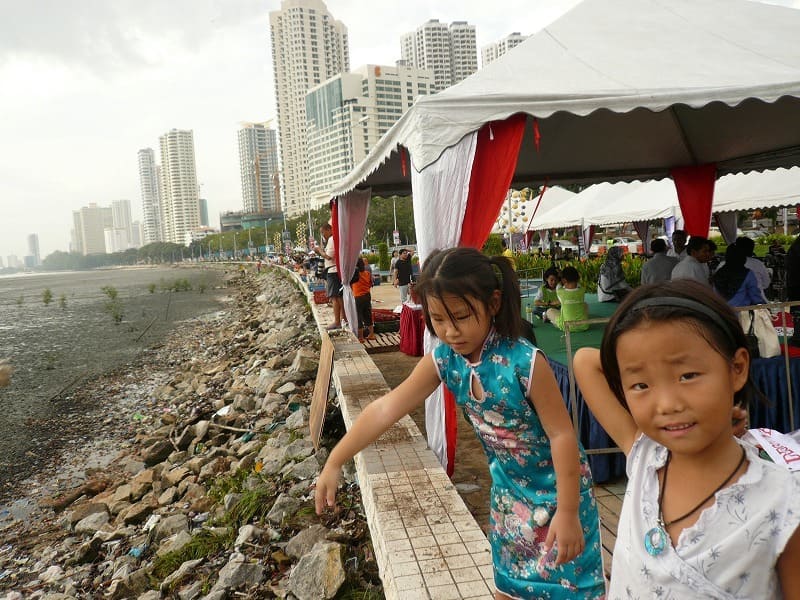
One Million Apologies to Mother Earth
Malaysia
Approximately 18,000 people have thrown 1.2 million EM Mudballs into channels, rivers and seafronts in Malaysia hoping to recover the mother earth. more
-
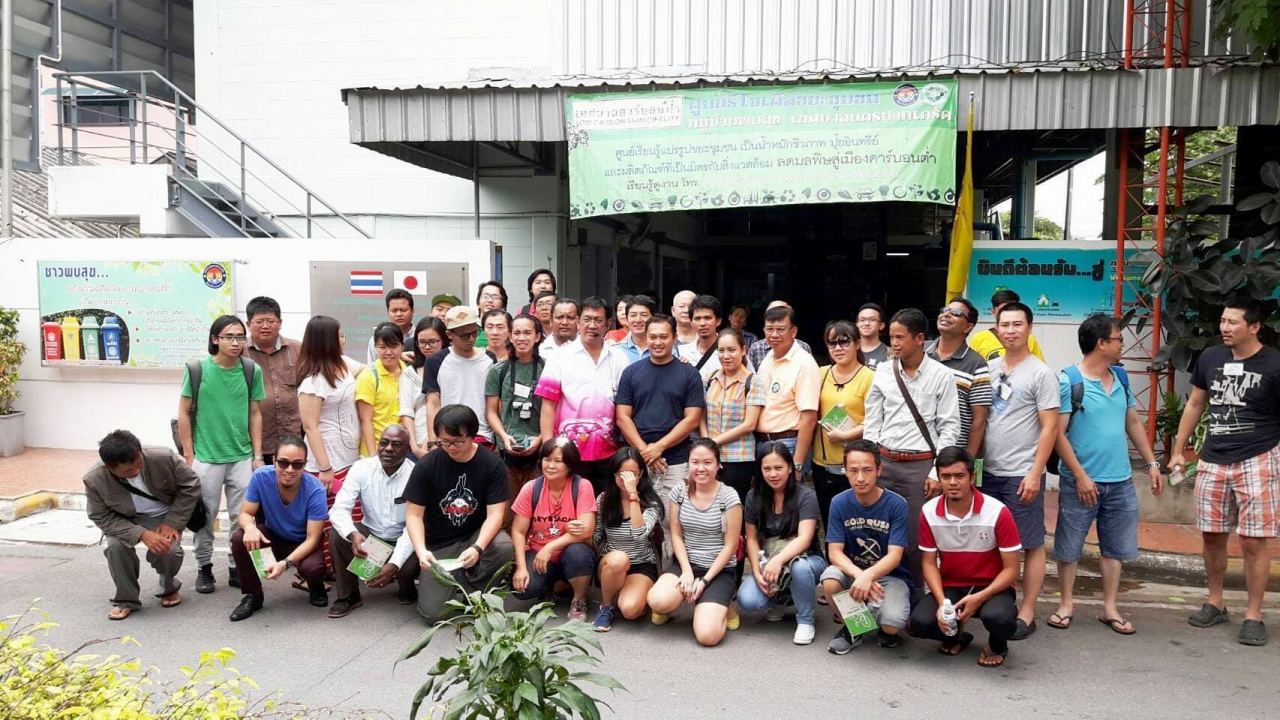
Recycling Waste for the Community Wellbeing
Thailand
The Recycle Center of Pobsook in Thailand was established to recycle household waste and convert it into organic fertilizer. The center also offers lectures to promote the importance of waste classification for residents, school students, public officials and people from Thailand and even overseas. more
-
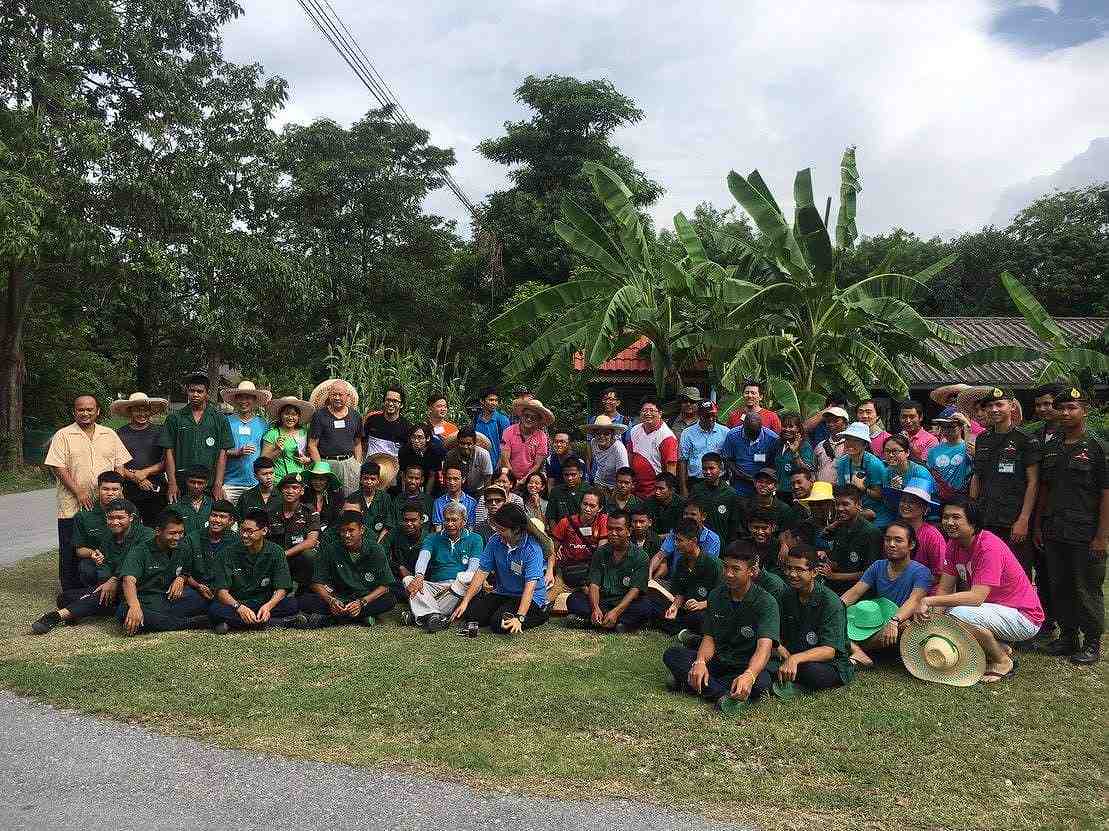
Training Center for Better Life
Thailand
Saraburi Kyusei Nature Farming Training Center in Thailand organizes training programs to extend Nature Farming and EM Technology.
They also offers workshops to support national project in promoting healthy farming.
It also has a training and demonstration model farm exclusively for Nature Farming using EM Technology. more -
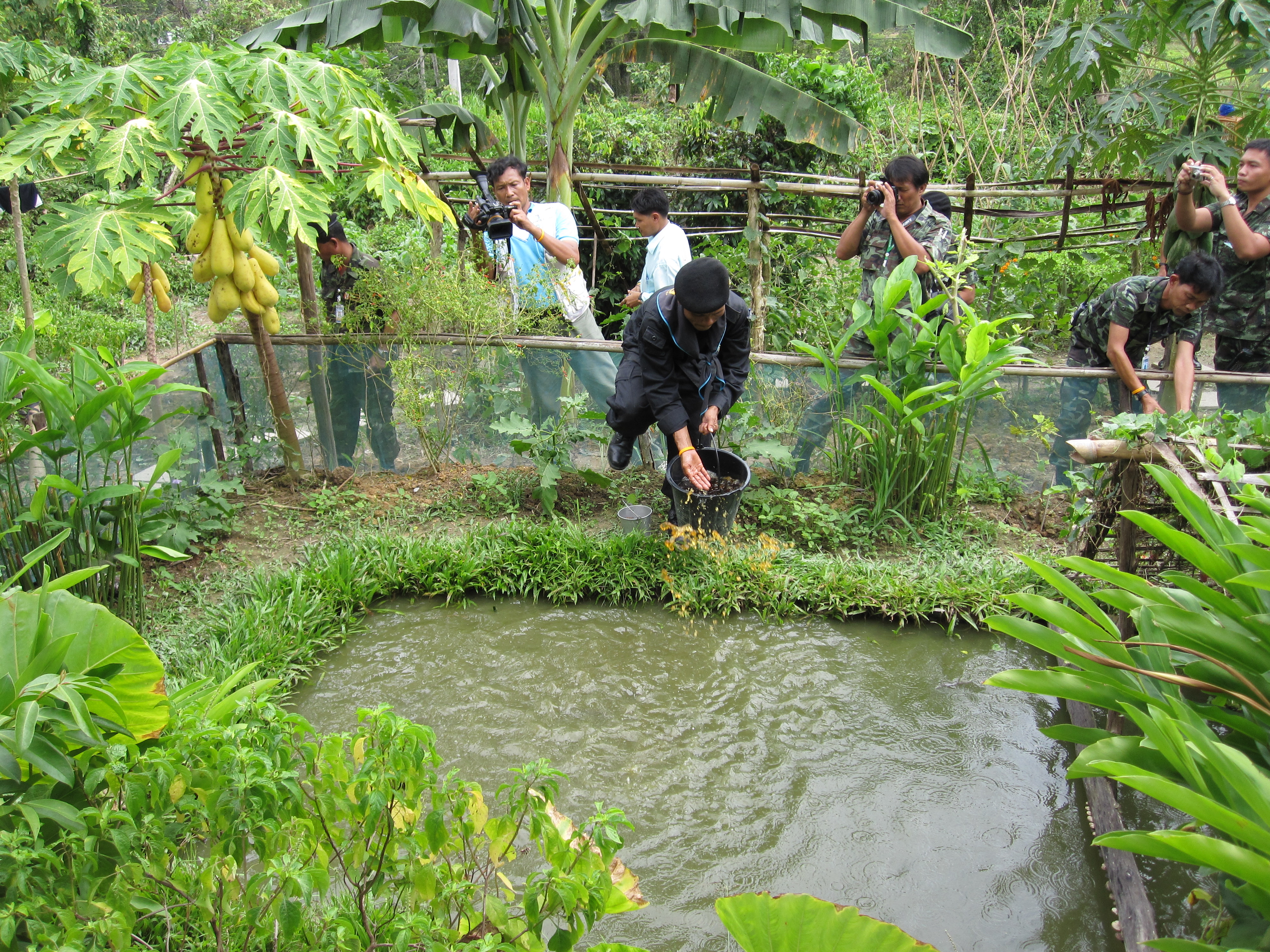
Sufficiency Economy Project
Thailand
After a severe economic crisis in Thailand, King Phumiphon proposed the philosophy of“Sufficiency Economy".
This means that all individuals have enough to be independent and produce their own products for self consume.
The Royal Thai Army introduced EM as a tool to promote nature farming within rural areas to accomplish the self sufficiency program. more -
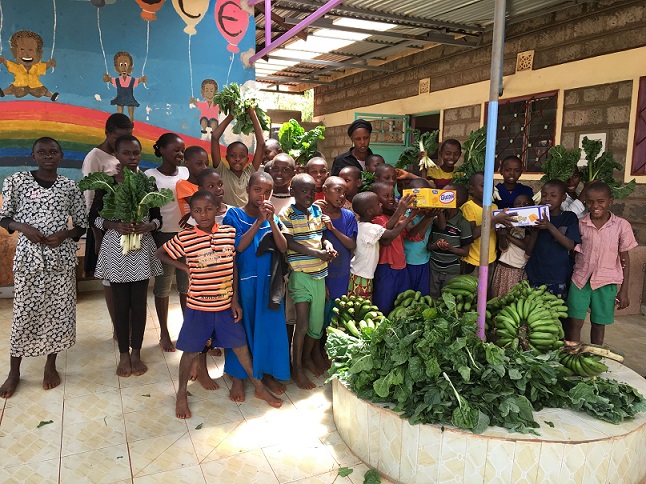
Supporting an Orphan Home Through Fresh Produces
Kenya
EM Technologies in Kenya manages a model farm where they grow EM vegetables and fruits.
Since 2016, EM Technologies donates EM vegetables and EM fruits grown on their farm to an AIDS orphan home.
Currently, 30 children who lost their parents with HIV are living in this Center. more -
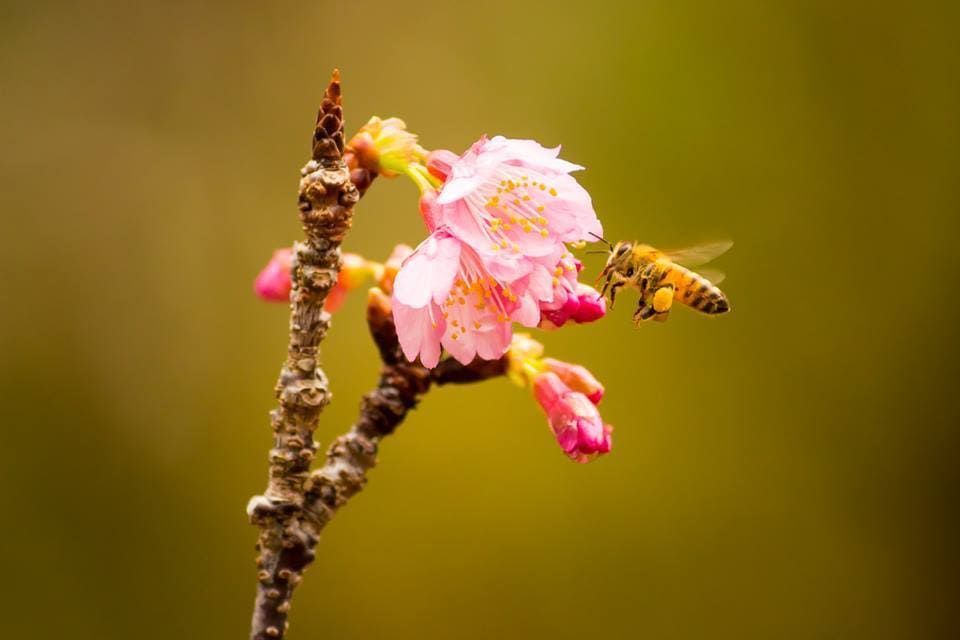
Volunteer Spirit for Growing Cherry Blossom
Japan
Perhaps, Meio is the only university in Japan in terms of collaboration with EM Research Organization in the large scale. On campus EM Institute broadcasts EM-related information, workshops, and Activated EM-1 available to the public. How are they successful? more